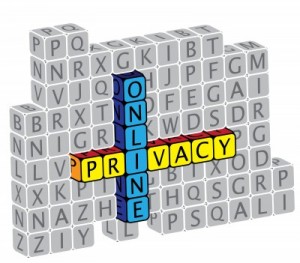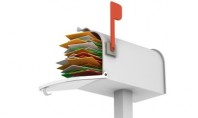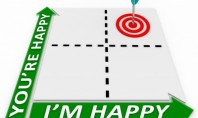Digital natives and one-way glass

In my previous blog post I talked about the Internet creating lots of new situations, and that psychologically, we have to know what rules operate in any given situation in order to be able to behave appropriately in that situation. The problem we’re now faced with when using the Internet is that so many new situations have been created so fast that we’re struggling, individually and collectively, to know what the rules should be that govern each of these new situations.
There’s a great graphic at which explores the notion that 2013 on the Internet is Orwell’s nightmarish 1984 world of Big Brother come true. It lists a host of information detailing the use and abuse of personal data by the big internet companies such as Google and Facebook.
If we step back from the detail presented in the infographic two powerful themes emerge:
1: Many, indeed most internet users are “digital natives” in the same sense that native North Americans were natives when the first Europeans arrived. As Bob Dylan noted, as soon as the Europeans arrived they began “buying the place with beads”: that is, they exchanged things that were of little value (glass beads) for things that were of enormous value (the island of Manhattan). They were able to do this because the natives had no proper idea of the value of what was being exchanged. This infographic shows that today’s digital natives have the same problem, exchanging information that is ultimately of great value for services that are the digital equivalent of “glittering glass beads”
2: And we haven’t really understood the “physical” nature of the internet. We seem to treat the internet as consisting of a series of essentially private places, like our living room or kitchen in our home. We assume that when we send an email to a friend or colleague that it is effectively a private communication; other people will see it only if we or the recipient chooses to forward it on to other people. We forget, or were never made aware that, if for instance we use Gmail, every email we send will be scanned by Google to see which adverts we are most likely to respond to. We act as if we are living in an internet where the “houses” are built of good old fashioned bricks. What we haven’t realised is that the walls of the “houses” are in fact made of one-way glass… because we can’t see out through them, we don’t realise that anyone and everyone can see in.
The implications seem clear: we need to grow up and act as mature adults in a world where we have a proper understanding of how it is constructed and how it operates. We need to build proper walls (and/or cupboards) to keep our personal data safe and secure, and we need to negotiate proper, equitable exchanges when others want to access that data.


















